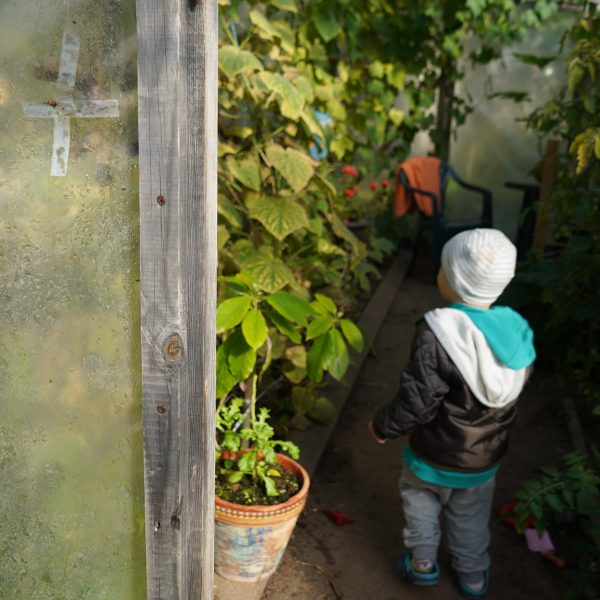Court of Appeal overturns judge’s decision in ECEC abuse case

The New South Wales Court of Appeal has overturned a decision which saw an approved provider found to be vicariously liable for the sexual abuse of a child by a non-paid worker whilst in the care of the service.
Two children at the centre of the case, named as Child B and Child D, attended the service between 2008 and late 2010 where it is alleged that they were sexually abused by the father of the owner of the service, who regularly undertook unpaid work at the service, and who held a 1 per cent stakehold in the business.
In the initial hearing, the Judge held the view that the father had made various admissions of inappropriate conduct during interviews with police.
At the time, and as a result of police investigations, the second child came forward with allegations of abuse. No charges were pursued to trial.
A claim was brought against the service and its owner on the basis that they were negligent and vicariously liable for the father’s assaults.
The primary judge found that the assaults had occurred as alleged.
In reaching this conclusion, the Court noted the admissions made by the perpetrator, the hearsay evidence of disclosures made by the children, which “suffered from inconsistencies”.
Further, the Court considered that neither of the children were cross-examined, although audio-visual recordings and transcripts of their police interviews were entered into evidence.
The primary judge found the Defendant liable on each of the causes of actions pleaded, including that the service and its owner were negligent and that the service vicariously had liability for the perpetrator.
The primary judge said that while the father was not paid for his work, he often attended the centre for over 12 hours a day and was fully integrated into the business, performing the same functions as other paid employees and wearing the same uniform; which enabled him to have close unsupervised contact with children and thus the opportunity to perpetrate the abuse.
The NSW Court of Appeal overturned the decision and made the following key findings:
-
The disclosure of abuse made by the first child to her mother and the Police were hearsay and deemed inadmissible. There was no evidence relating to reasonable steps taken to “secure the attendance” of the witness nor the service of a subpoena.
-
The primary judge had erred in her conclusion that the second child’s disclosures had met the required standard of proof. The disclosures were marked by inconsistency, reinforced by an inability to cross-examine Child 2.
-
The disclosures made by Child B were “brittle” and “insufficiently reliable”. They did not satisfy the burden of proof and should not have been relied upon as tendency evidence to support other claims.
-
In circumstances where the owner learned of the charges against her father after his police interview, his alleged “admissions” were not admissible against her. NSW evidentiary laws required the identification of a “common purpose” at the time the impugned admissions were made, and such “admissions” could not have been made in furtherance of a common purpose, which had yet to have been realised.
-
The unchallenged evidence of the service’s policies and procedures, and lack of any internal complaints regarding the perpetrator’s conduct meant that the primary judge erred in concluding there was insufficient supervision of the perpetrator’s contact with children. Therefore, the owner and the service were not directly liable to the plaintiffs in negligence.
-
There was no sound reason for imputing vicarious liability to the owner in circumstances where the service’s status as the perpetrator’s employer was a basis for its vicarious liability. The Court of Appeal noted that the principle of dual vicarious liability has not been adopted in the common law of Australia.
“Although this is a Commonwealth decision, it does demonstrate the difficulties faced by claimant solicitors in terms of relying on evidence (particularly hearsay evidence) from an infant claimant,” lawyers commented.
“Often an initial disclosure and information will be provided by a child to a parent or carer, but over time child claimants will be unable to repeat the allegations or provide further detail. It is vital that evidence is secured early on.”
Additional information about this story is available here.
Popular

Workforce
Quality
Research
When did it start to go wrong?
2025-12-18 08:00:46
by Fiona Alston

Policy
Economics
Jobs News
Provider
Workforce
Children’s Services Award changes finalised to address gender-based undervaluation
2025-12-12 06:58:10
by Fiona Alston

Economics
Provider
Quality
Jobs News
Policy
Practice
Workforce
The year in review: 2025's most impactful ECEC news stories and shifts
2025-12-16 07:32:18
by Fiona Alston
















